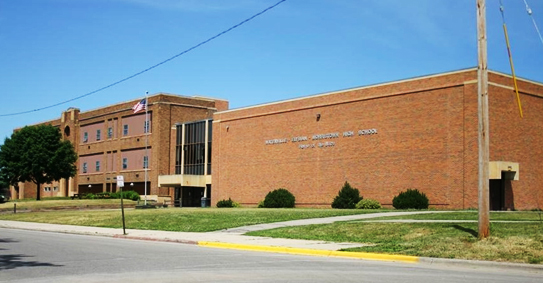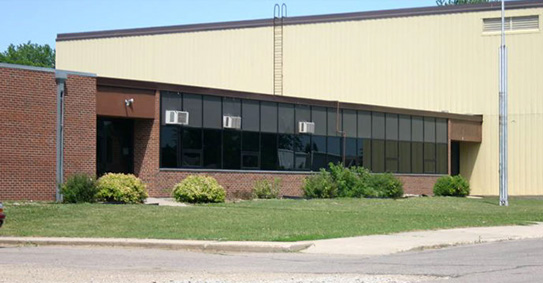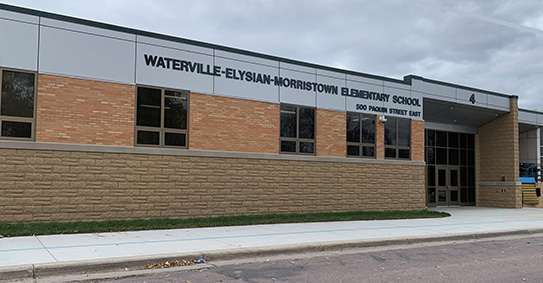Upcoming Events
- Loading data...
Calendar
WEM Community Education along with Tammy Peach will be conducting AARP Driver Improvement classes this spring.
1) Wednesday April 30, 2025 – WEM High School Boardroom 5:00pm – 9:00pm
2) Thursday May 8, 2025 – Elysian American Legion 12:00pm – 4:00pm
* Stay after class for “Wing Night”!
Register by calling WEM Community Education at (507)-362-4403 or let Tammy know. (Be sure to give your AARP number)
Cost for AARP Members is $25, Non-Members $30.
Checks payable to WEM – payment can be made at class or, if preferred, mailed to the school in advance.
WEM Community Education
500 East Paquin ST
Waterville, MN 56096





